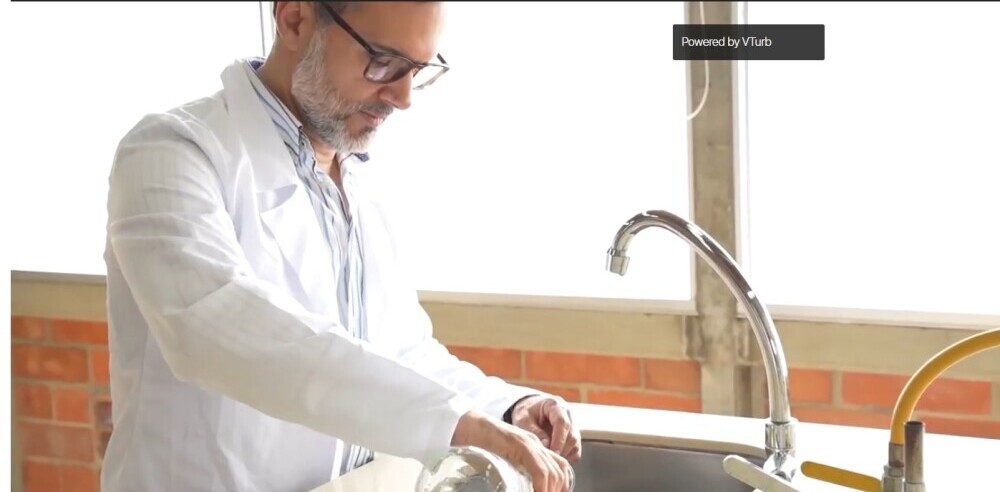Erectile dysfunction, commonly known as ED, is more than just a physical problem. It’s a condition where the body and mind are intricately linked, and when one is out of sync, the other often follows suit. People often think ED is purely a physical issue related to blood flow, but there’s more under the surface.
Mental health plays a crucial role in how erectile function unfolds. Stress, anxiety, and even depression can heavily influence one’s performance. Ever noticed how when you’re super stressed, nothing seems to work quite right? That right there is a big part of the story with ED.
Mindfulness comes into play by offering a holistic approach that deals with both your body and mind. It’s about tuning into the present moment without spiraling into worries about the past or future. In terms of physiology, mindfulness can help reduce stress and anxiety, which are major culprits behind ED.
Considering tackling ED with a lens of mindfulness isn’t about ignoring reality but facing it with better mental tools. Understanding this connection can open doors to new ways of handling the pressure, literally and figuratively, and getting your groove back.
Exploring Various Mindfulness Techniques
Mindfulness is kind of like a toolkit with different tools for keeping calm and carrying on. Each technique has its own way of helping you de-stress and tackle the hurdles of ED. We’re talking meditation, breathwork, and visualization here – the whole shebang.
Meditation is the flagbearer of mindfulness practices. Settling down in a comfy spot and letting thoughts come and go like passing clouds helps you build that inner peace. Over time, this can reduce the mental chatter that often accompanies ED, making things smoother both in your head and when it matters.
Breathwork might seem simple, but it’s like hitting the reset button. Slow, deep breaths can lower your heart rate and decrease anxiety, which plays a huge role in ED. It’s about getting your mind and body to chill out in sync.
Visualization exercises take you a step further. Imagine yourself in calming scenarios or see yourself succeeding the way you want to; it’s all about creating a positive mental landscape. This positivity is often key to confidence, which is crucial when dealing with ED.
So, mindfulness isn’t just some airy-fairy concept – science backs it up too. Research shows these practices can alter brain patterns, reduce stress, and even improve blood pressure. With a routine that fits into real life, stressors gradually lose their hold, paving the way for better mental and physical well-being.
Implementing Mindfulness Practices in Daily Life
Getting started with mindfulness doesn’t need to feel like climbing a mountain. Start with small steps, perhaps dedicating just five minutes each day to any practice that feels right. The key here is consistency, not duration.
Craft a routine that’s realistic for you. Maybe mornings are your golden time, or perhaps winding down with a session before bed fits better. It’s all about finding what clicks with your schedule and sticking with it, even if life gets hectic.
One common hitch is thinking you’ll be bad at mindfulness because your mind wanders. The truth? That’s completely normal. The goal isn’t to have a blank mind but to gently bring your focus back when it strays.
Integrating mindfulness into relationships can also work wonders. Being fully present with your partner, really listening, and connecting can deepen intimacy. It’s about creating a quality over quantity mindset, which can lead to more fulfilling experiences.
Facing challenges is part of the deal, but don’t sweat it. Everyone’s journey is different, and missteps are just signals to adjust and carry on. Keep an open mind, and don’t hesitate to seek advice from experts if you feel stuck.
Evaluating the Long-term Benefits of Mindfulness for ED
Consistency in mindfulness practice holds the key to unlocking its full potential over time. While you won’t see changes overnight, regular practice can lead to noticeable improvements in a few months.
Recognizing progress requires patience. It might not come as a “Eureka” moment but through small, cumulative shifts like feeling more relaxed or noticing a stronger sense of control in stressful situations.
It’s worthwhile to blend mindfulness with other healthy lifestyle habits or treatments. Staying active, eating well, and addressing any medical factors alongside mindfulness can enhance your overall wellness, including sexual health.
Knowing when to get professional help is crucial. If you feel things are stagnant, don’t hesitate to consult healthcare providers. They can provide insights and additional strategies to bolster your efforts.

